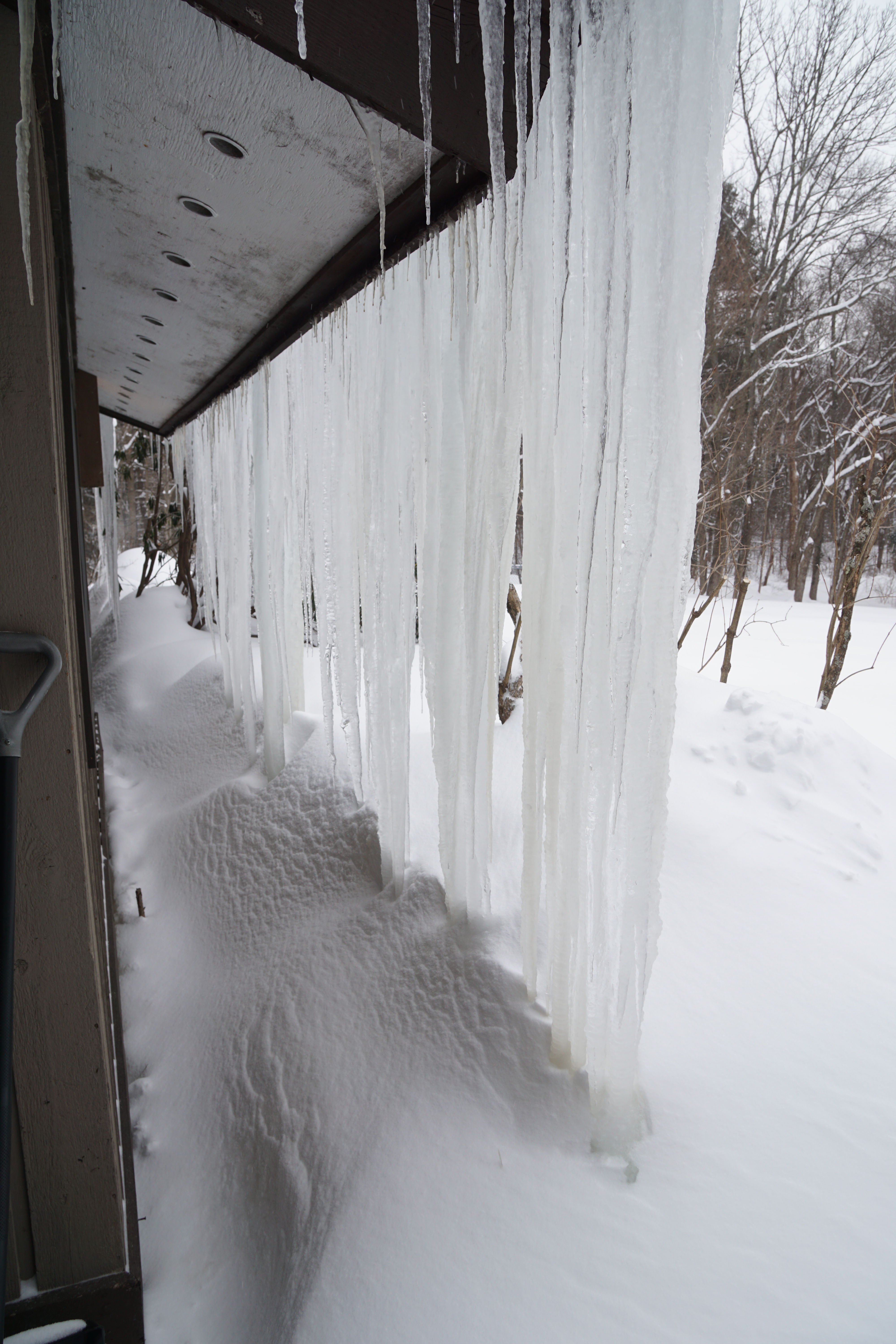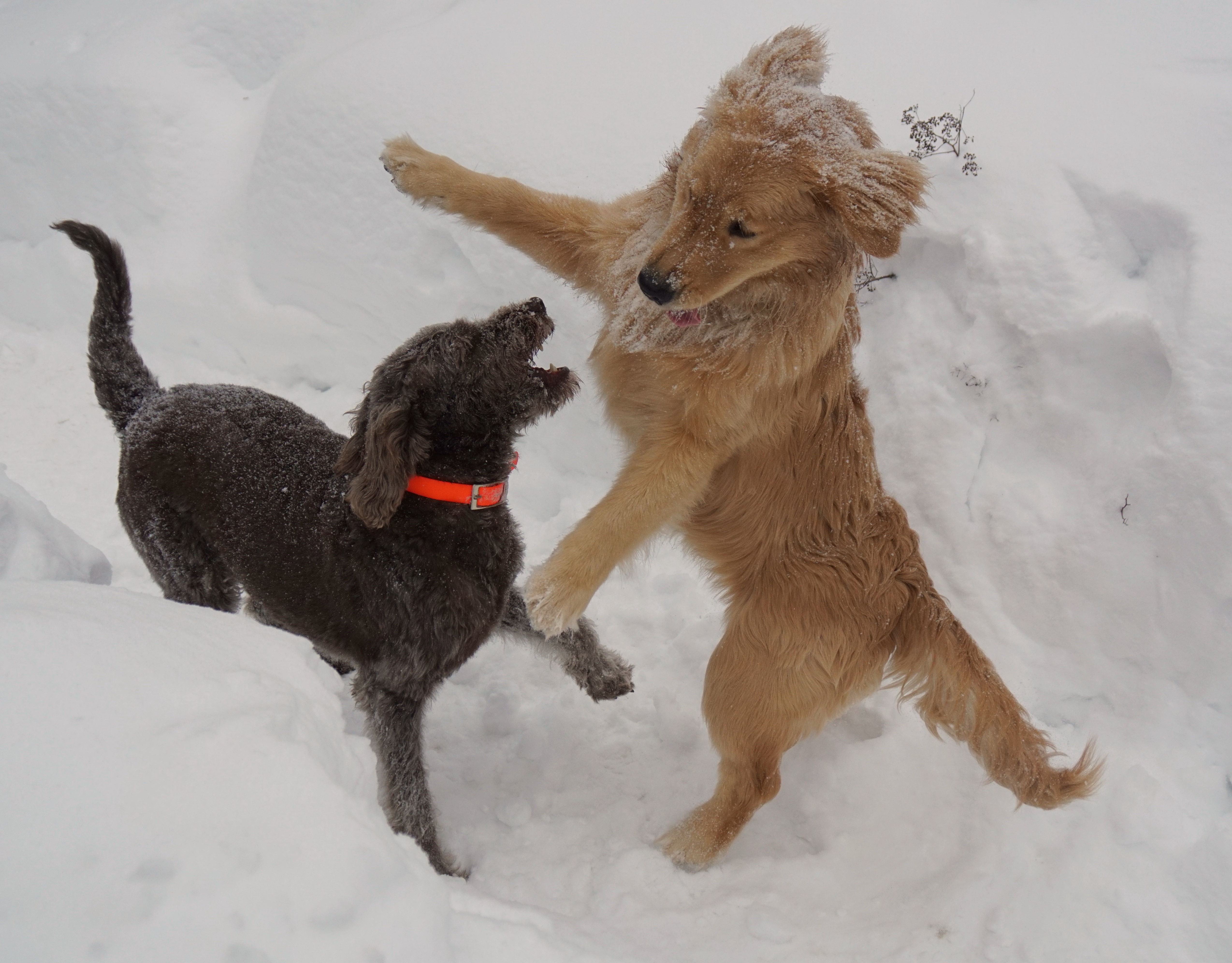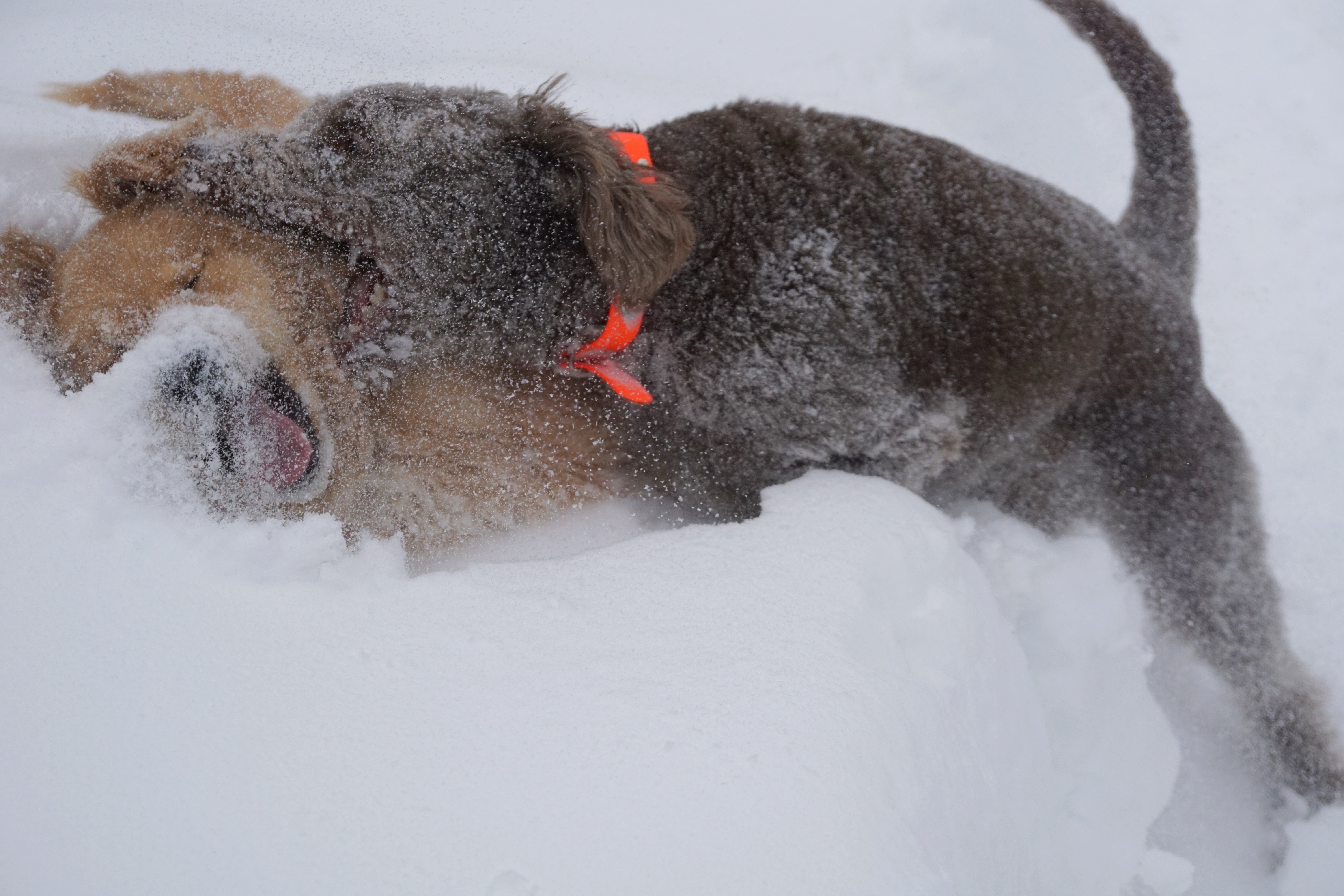We are on our second state of emergency here in Massachusetts. The Boston Public Schools are shut down for two days. The MBTA shut down bus, subway, and train service at 7 pm this evening and will keep public transit shut down through Tuesday.
The former Soviet contingent of our household said “We never had snow days in Moscow.” What about the subway system? “Never stopped,” she responded. “And the buses pretty much ran all the time as well.”
Readers: Who grew up in China, Korea, or Japan? What happened to school when it snowed heavily?
Some photos:



Forget about China or Korea. Buffalo on average gets twice as much snow as Boston each year, and there’s seldom a snow day there.
John’s right. Heck, just go across the border to NH, and see how they clear snow from roads. They’re prepared, they have the equipment, they don’t mess around.
On the other hand, Virginia would be closed for a week, because they’re unprepared and don’t have the equipment. We’re somewhere in between.
Historically, Boston doesn’t get Worcester/Syracuse/Burlington-style weather. If (as some say) this might be the new normal, there are a lot of adjustments to be made.
To be fair, in many cities in Russia schools close if there is extreme temperature and heating would not keep up – depending on location from -30C to -40C. Children use this opportunity to play on the street, of course.
I don’t know much about the Asian countries, but I grew up in Romania during the eastern block. Only had a couple of snow days when the snow was higher than the people, sometime in the 80s. The rest is just business as usual. And yes, the public transport system runs all the time. Poorly (I had to push a bus once across the street), but still 🙂
a former Soviet told me that snow was no problem but if the temperature was below -40C (with no wind chill), her grade school closed.
Our society is becoming ever wimpier. NY never used to close its subway system but in the last (predicted) storm, they did (and it was totally unnecessary – the snow never came).
I have been to Russia and the scale of things makes cleaning a lot easier. Remember that their cities have been pretty much destroyed in the war and have been rebuild on a grand and modern scale. That is why cities like Buffalo and Chicago do a lot better here too.
Also while it gets a lot colder in Russia it does not snow that much more. Moscow averages around 50 inches a year while Boston 44. And cold dry snow is way easier to manage than the heavy wet mess we get here.
With conversations with Russia I was told that kids had “snow days” when heating was broken or not sufficient in schools. They did not call it snow day though. Example:
http://news.bbc.co.uk/2/hi/europe/4626862.stm
Also I was told that the government commandeers every truck along with its driver to work on cleaning the snow. I seem to remember that they dump it in the rivers.
I’m In Finland right now, and the concept of closing anything due to snow or cold has probably never even been contemplated. You can get delays on transport because nobody does miracles, no closures.
The common thread here is that places that get a lot of snow every year (Russia, Finland, Buffalo, etc.) are well prepared for it and so disruptions are minimal, and places where it doesn’t snow consistently don’t. Boston is right on the margin of places with consistently large amounts of snow. Avg. snowfall in Bost. is 32 inches/yr vs 92 in Syracuse and 21 in NYC. This year there have been 72 in. in Boston just in the last 3 weeks so it is outside the normal range of what they are prepared for.
Of course, modern PC has made their job harder. In the old days, you could just dump the snow in Boston Harbor but they have decided that snow is polluted and can only be dumped in extreme cases so they are running out of space to put it (plus they have to drive it to these snow storage places instead of just the closest pier/riverbank, which is always close by in Boston).
I don’t believe Moscow ever in recent history got 24″ of snow in one weather event, like Boston did (repeatedly?) this winter. The worst in 50 years appears to be a 10″/25 cm snowfall in 2012:
http://rt.com/news/217699-christmas-snow-traffic-moscow/
I lived in western Canada for twenty + years and school was never cancelled, but rural school buses were. Schools were required to be open on days of operation.
The teachers who can get to school manage the students who arrive. Most schools are neighborhood schools, and principals/teachers often live nearby.
The cost of dealing with snows days falls on schools, rather than parents. (Of course, parents who stay home or can’t get out are stuck with their kids, so that’s a cost, I presume).